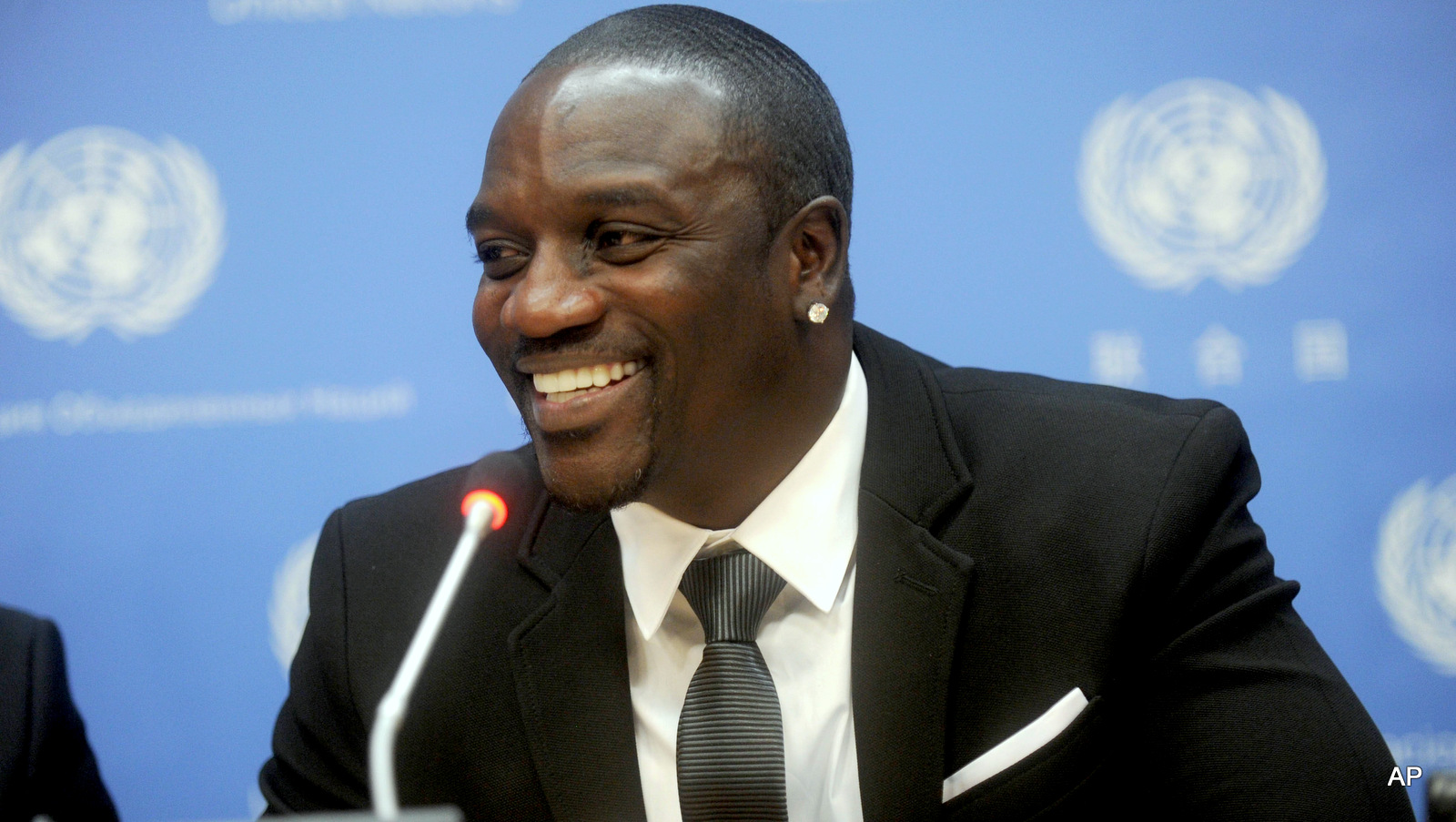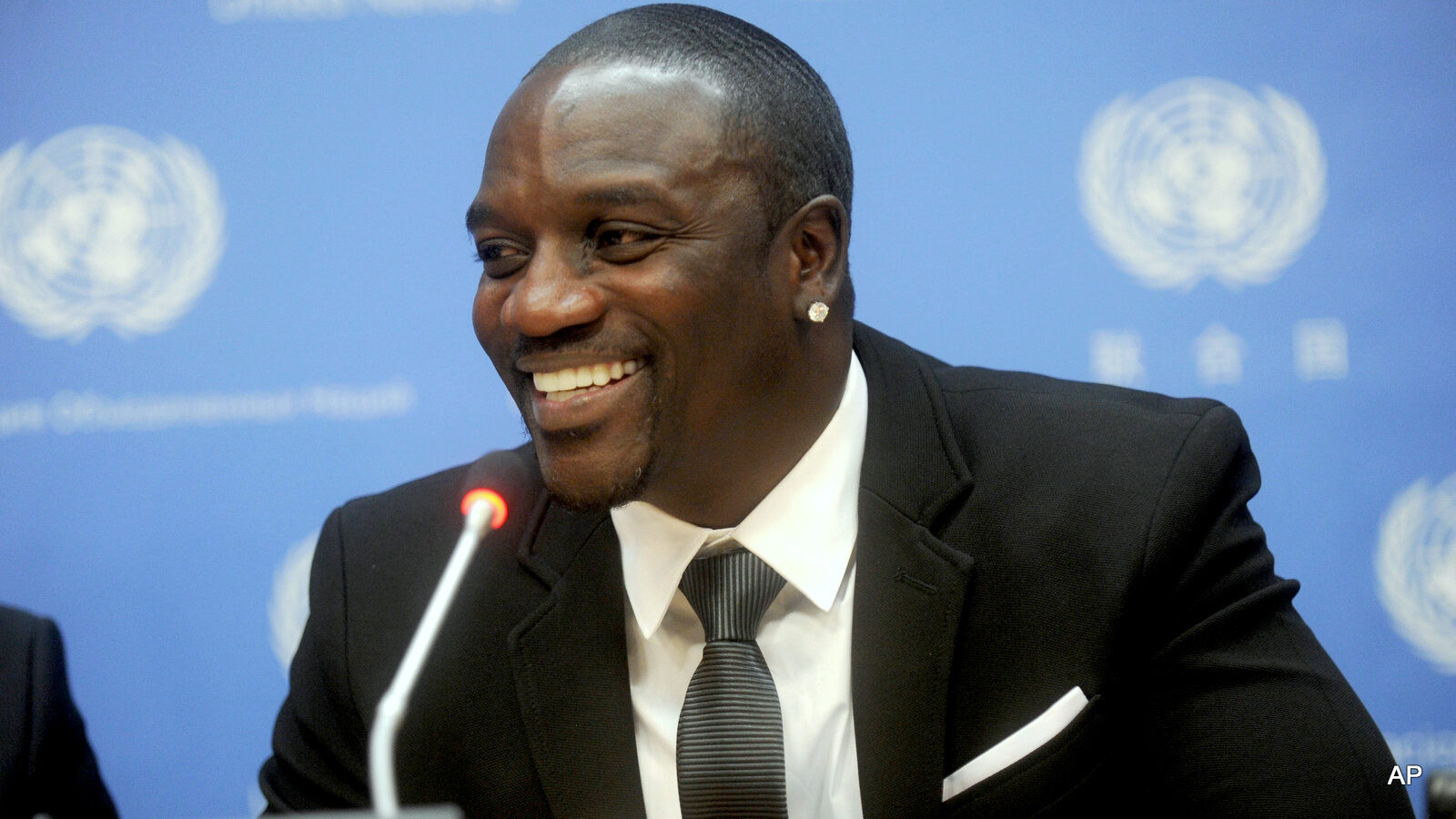
(NYC) Photo by: Dennis Van Tine/STAR MAX/IPx 5/20/15.
MINNEAPOLIS — In late May, R&B singer Akon announced a new initiative to provide solar power to 600 million residents of Africa. The Senegalese-American celebrity is the latest participant in what some have deemed a “solar revolution” that’s bringing the alternative energy source to the impoverished but sun-rich continent.
The Akon Lighting Africa initiative begins with the launch of a new “Solar Academy,” which will open this summer in Bamako, the capital of Mali. The academy will teach solar engineers how to install and maintain solar panels and “micro-grids,” small electrical grids that provide power to a very limited region. “Micro-grids” are increasingly popular in rural Africa, where conventional, large-scale power infrastructure is unavailable.
Reuters’ Joseph D’Urso reported:
“Africa has 320 days of sunshine a year, the organization said in a statement, so harnessing solar energy is an ideal way to enable those without electricity to get it.
‘We have the sun and innovative technologies to bring electricity to homes and communities. We now need to consolidate African expertise,’ said Samba Baithily, who founded Akon Lighting Africa with Akon and Thione Niang.”
Mark Lelinwalla, writing on Wednesday in Tech Times, called the initiative an “incredible effort.”
“According to multiple reports, Akon Lighting Africa has received a credit line of line of up to $1 billion from construction juggernaut China Jiangsu International and will begin work with the most low-resource, remote areas,” he wrote. “Already revered in his native Senegal, Akon’s level of love and respect worldwide will sky-rocket if his ambition generates massive results.”
With an estimated 600 million Africans lacking electricity, the initiative is poised to tackle a daunting problem. But they’re far from alone in seeking to change lives through this energy source — solar is increasingly seen as both a viable alternative and a business opportunity on the continent.
Women are leading a “solar revolution” in Africa, according to another Reuters article which explains how Green Energy Africa helped 200 Maasai women from Kenya’s Kajiado County become solar power entrepreneurs:
“The women, trained in solar panel installation, use donkeys to haul their solar wares from home to home in the remote region, giving families their first access to clean and reliable power.
‘For us, the impact of solar technology is unparalleled,’ said Jackline Naiputa, who heads the Osopuko-Edonyinap group, one of the five women’s groups leading the alternative energy charge in the area.”
In May, News24 reported on an initiative to provide rural South Africans with backpack-mounted solar charging stations as a means of generating both electricity and income. And Greentechgrid’s Mike Stone reported that another corporation wants to provide power to 100,000 homes and businesses in Ghana through a system that combines solar power with power storage in electrical batteries.
“If we can get more solar we can grow together,” a solar power vendor in Kenya told the BBC in February.
Yet it’s not just Africa that sees the promise of solar power. According to the same report: “By 2050, analysts from the International Energy Association (IEA) believe the sun could be the world’s largest source of power.”
In March, Kate Lanier, writing for MintPress News’ MyMPN blog, explained that major world financial institutions finally see solar as a safer investment than fossil fuels. With even the global 1% beginning to support energy alternatives, she called it “a “key moment … to ensure not just a retreat from the brink of species-annihilation, but a new approach that elevates and ensures respect and dignity for the planet and all life upon it.”
Watch News24’s interview with South African solar entrepreneurs below:


